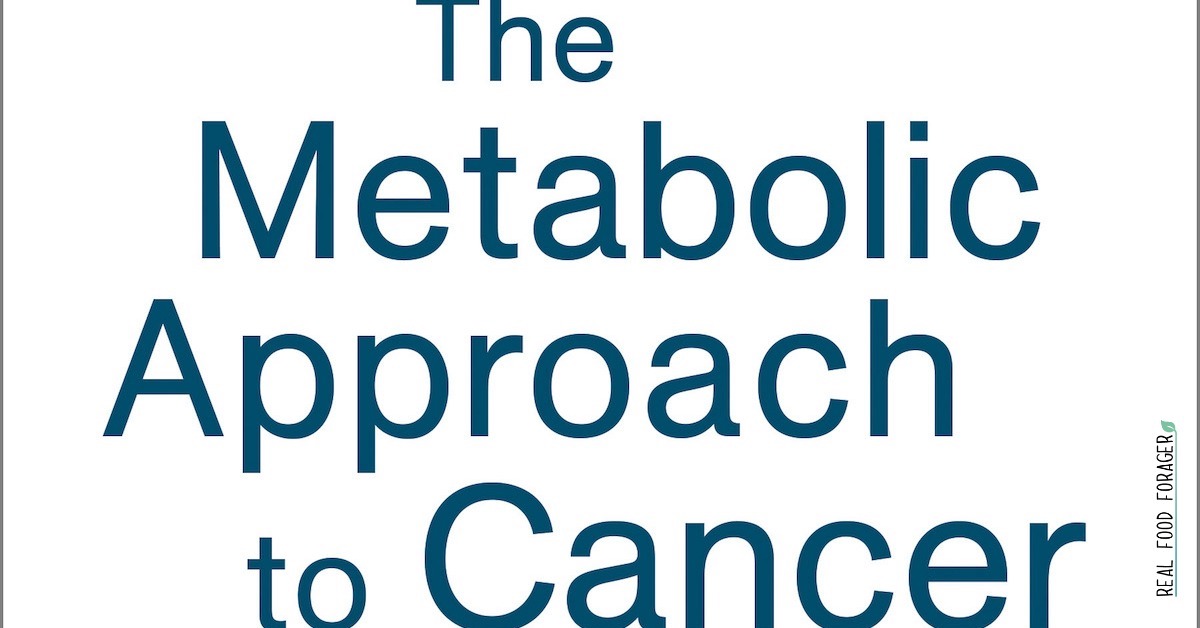
Suddenly, it seems, the ketogenic diet is all over the place in books, blogs and the news. Alternative practitioners are integrating use of the keto diet for Alzheimer’s, cancer and other metabolic diseases. Can the ketogenic diet solve your health issues?
When you are diabetic – if your blood sugar is too high for too long, there will be a buildup of acids. Your body will begin to burn fat if there is not enough sugar available in the cells.
You can go into a state called ketoacidosis.
Said another way, if the sugar in your blood cannot get into the cells, because of insulin resistance, low insulin (or no insulin in the case of Type 1 diabetes), go can go into ketoacidosis.
This can be life threatening.
But going into ketoacidosis has nothing to do with the keto diet and using ketones for fuel.
However, many medical doctors do not understand the keto diet and think that it will put someone in ketoacidosis. I assure you, this is not the case – unless you have uncontrolled sugar metabolism.
As with any new diet, if you want to try the keto diet it is recommended to speak with your health care provider about it first and have them on board to help monitor you, especially if you have health problems or take medications. See more of my disclaimer here.
There is an awesome new book called The Alzheimer’s Antidote, by Amy Berger, that outlines a natural approach to Alzheimer’s using the keto diet.
As it stands today, Alzheimer’s is now affecting people in their 50’s and 60’s who can live 20 – 30 years slowly deteriorating until they become like children with no memory of their former life.
This disease is so tragic.
My neighbor has this and she now doesn’t recognize her children or neighbors or even her husband at times. It is so sad talking to her because she asks the same questions over and over and you have the same conversations for hours.
It makes me so sad to see how she has no memories of me and my family and I can only guess how this makes her children and husband feel.
Alzheimer’s is a metabolic condition, as well as a neurological one. But the medical approach so far has only been neurological and the medications on the market have failed.
According to Amy Berger, Alzheimer’s is a fuel shortage in the brain – an energy crisis.
Alzheimer’s has to do with how your body uses glucose – the fuel. It is now referred to as Type 3 diabetes. The Alzheimer’s brain is not able to use glucose efficiently and so suffers the many neurological symptoms we see such as, memory loss, loss of recognition, etc.
Even more important than your blood glucose levels are your blood insulin levels. We need to see how much insulin it is taking your body to keep your glucose under control.
In many cases, blood glucose is normal, but the blood insulin is way too high!
Ask your doctor for a fasting blood insulin level at your next checkup, because it is not routinely done.
The loss of glucose utilization in the temporal and parietal regions of the brain is pathognomonic for Alzheimer’s.
A PET Scan of the brain clearly shows where glucose is taken up and, importantly, where it is not. Glucose is, for most people, the main form of energy consumption for the brain cells. If it is not available due to insulin resistance, brain cells will die.
It has been shown that people with Alzheimer’s have less glucose uptake in the memory centers of the brain. Incidentally, PET scanning is used to identify tumors, as well, because tumors live on sugar.
To resolve this, there has to be a switch from carbohydrate metabolism to fat metabolism – the ketogenic diet or as close to this as possible.
There are also neurotrophic factors – nutrients for the brain – that can be used to address some of the mechanisms that lead to Alzheimer’s. These include omega 3 fats, resolvins, saturated fats, vitamin D, and hormone balancing.
According to Amy Berger, Alzheimer’s is driven primarily by insulin. This is why it is critical to start adding fasting insulin to the typical array of blood tests. Right now, it is not tested, unless you ask for it.
So ask for it!
Along with fasting glucose, HgA1c, IGF-1 and triglycerides, you get a better picture of your carbohydrate metabolism.

Cancer is a metabolic disease.
Cancer cells are fueled by sugar and sustained by the terrain.
In the Metabolic Approach to Cancer, authors, Dr. Nasha Winters, ND, LAC and Jess Higgins Kelley, MNT, discuss the integrative approach to cancer management and treatment.
Having survived her own radical remission from cancer, Dr. Winters has also treated hundreds of cancer patients with success using her metabolic approach.
If I had cancer, this is the doctor I would see, because she has a deep understanding of the true cause of the disease.
It doesn’t happen overnight.
Cancer develops from a person’s individual terrain that has 10 elements:
Wow!
I have never seen such a comprehensive evaluation of the potential causes of cancer.
This is gold.
Not only do the authors outline the 10 elements above, they give each element a questionnaire that will show you just how close you are to a problem.
You can use this assessment to help prevent cancer.
After that, the book deals with the appropriate nutrition, along with the keto diet and other non-toxic therapies that can help the disease.

Another new book worth mention, also has to do with using the keto diet as an adjunct to cancer treatments. As stated above, tumors live on sugar. If we can starve the cancer cells of their only fuel source – sugar – we can manage the disease.
In Keto for Cancer, by Miriam Kalamian, the author recounts how she used the keto diet for her own son’s brain tumor.
In Keto for Cancer the author goes over all the science there is to support the use of the keto diet for cancer, the positive effects of fasting and importantly, how to implement the keto diet when there is a diagnosis of cancer.
The fermentation of glucose fuels cancer’s ever-increasing energy needs… Cancer cells have up to 10 times the normal number of insulin receptors embedded in the cell membrane. No wonder so much glucose can be made available to them… This is obviously not a healthy scenario! (p.20)
The book is a roadmap to using the ketogenic metabolic therapy and other lifestyle changes when there is a diagnosis of cancer.
Sadly, dietary advice from the American Cancer Society recommends that people with cancer eat whatever tastes good. They recommend using poor quality shakes with rancid oils and high amounts of sugar.
I know this on a personal level because my father had colon cancer and they were pushing that popular toxic shake on him to keep his weight up – or recommending shakes made with low fat milk!
Even sadder – he loved the taste of it!
Sure he did. There are 15 grams of sugar!
If you or a loved one get a diagnosis of cancer would you consider the keto diet to manage the nutrition aspect of the disease?

It’s projected that by 2035, 600 million people will have diabetes and 500 million will be prediabetic – nearly one billion people.
Right now, nearly one third of Americans are diabetic or prediabetic. This costs around $242 billion in medical care, which is a concern, but more importantly, diabetics experience a poor quality of life.
People with diabetes suffer long term effects such as peripheral neuropathy, vision problems, heart problems and yes, diabetes puts one at higher risk for Alzheimer’s.
Alzheimer’s is called diabetes type 3.
In Master Your Diabetes, Dr. Mona Morstein, a naturopathic doctor, outlines a comprehensive approach to managing diabetes through diet and supplementation.
She covers all the conventional aspects of the disease, from testing to drug treatment very thoroughly.
The second half of the book goes into the naturopathic approach, including diet, lifestyle and supplementation.
The keto diet is covered, as well as other low carb options such as Paleo and even vegan and vegetarian approaches.

As you can see, there has recently been an avalanche of books that deal with the keto diet for several diseases that are difficult to manage with the conventional drug approach.
The keto diet addresses one of the root causes of these problems – sugar metabolism.
I recommend each and every one of these books. They are filled with totally new information that can change your life!

Inspire Your Real Food Healing Journey with my FREE Grain-Free Meals e-Cookbook and Getting Started email series and newsletter! Unsubscribe anytime. Privacy Policy